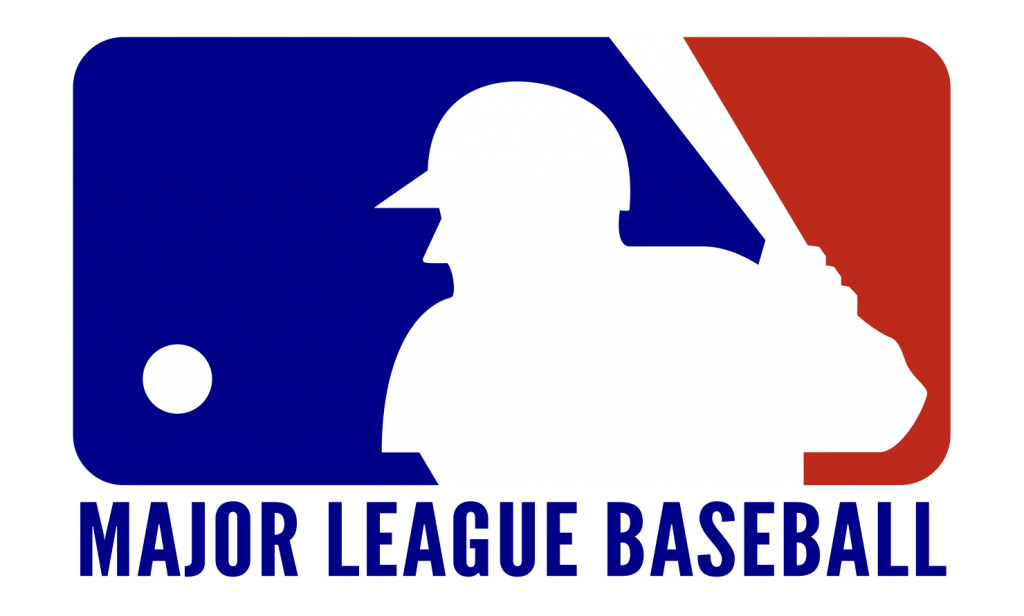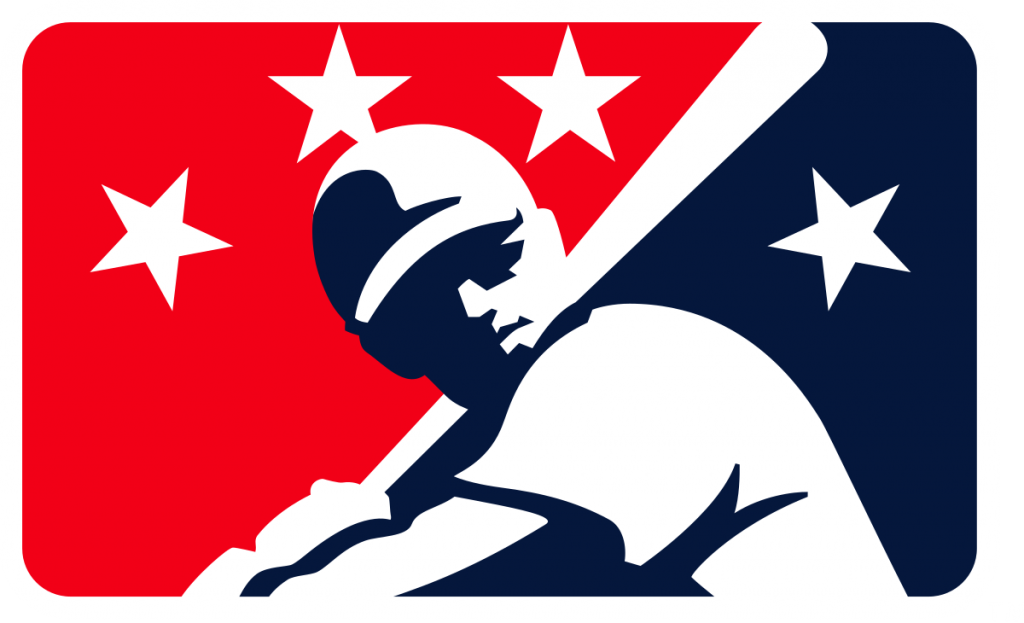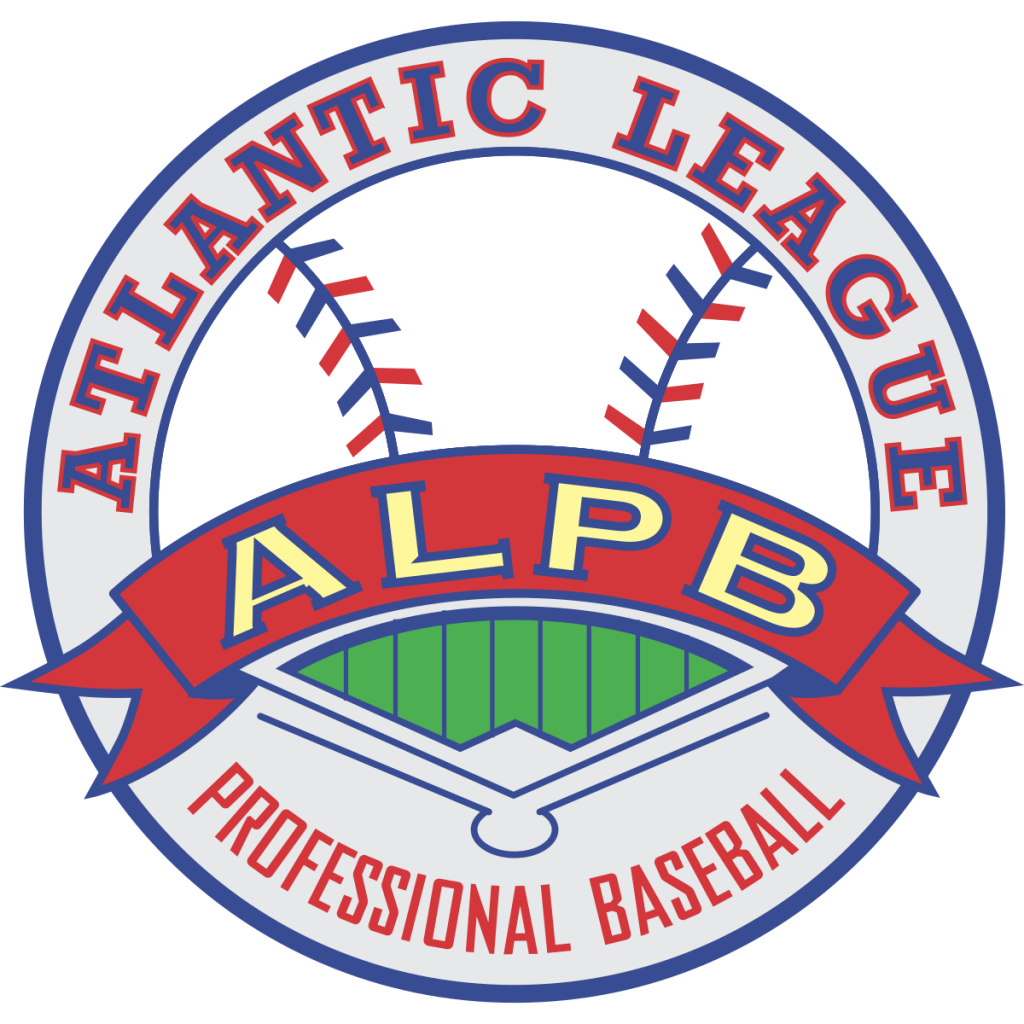This article is part of our on-going series of Innovation in Professional Sports. We will look at trends that are changing the games that we know and love, the environment that drove those changes, how those changes were enacted and what lessons your franchise business can learn to make it more innovative. For this article, we will look at the Major League Baseball, and how they experiment with rule tweaks and new technologies in the minor leagues to understand their affects on the game before bringing them to a professional stadium near you.

It’s getting to be one of my favorite times of the year. I LOVE Major League Baseball‘s (MLB) All-Star Game (ASG) festivities. And while I understand that its mostly an exhibition, I love how the best players in the world come together to play in this game.
Oh yeah, and then there is the Home Run Derby. No event transports me back to my childhood better then the Home Run Derby.
However, it is not all sunshine and rainbows these days for the MLB. If you have been hiding under a rock, then you may not be aware. But “America’s Past Time” is no longer America’s favorite sport.
There are plenty of reasons for this. From games taking too long. Teams tanking for better draft picks. To Baseball having an umpire problem.
But what I love though, from an Innovator’s perspective, is their approach to addressing these issues.
Baseball’s Approach
Baseball’s smart. The MLB doesn’t want to roll out an unproven idea when and where the lights are shining brightest. They want to test it out first. They want to capture metrics to see how the idea performs. They want to get reactions from players and fans. And they want the ability to make any adjustments that are required before rolling it out in front of their (still quite sizable) fan base.

So to do that, they turn to two institutions. They turn to their feeder program, Minor League Baseball (MiLB). Traditionally, this is the league that teams use to test players to determine if they are ready for “The Show.” But nowadays, it seems the MLB is using the league itself for its own gains.
Anyone who has ever seen the movie “Bull Durham,” you know about the MiLB. Last I heard, Kevin Costner may even still be playing…
They also use the Atlantic League of Baseball Professionals (ALBP). The ALBP is an independent league of baseball, which until recently, was officially unaffiliated with the MLB or MiLB. But it still follows the same basic rules of the game. It is still filled with great ball players who get paid to play. And it is still attended my thousands of local fans.

Which gets back to what the MLB needs. They need a low pressure environment to test out changes before incorporating them into their game.
That’s what the MLB has with the MiLB and ALBP. And they can leverage those environments to try out tweaks to address the issues with game length. Or try out new “robo-umpire” technologies. And then use what they’ve learned to sell their franchise owners and the MLB Players Union on these changes. To hear more about these experiments, check out this article from the Washington Post.
And while some of the new ideas are interesting. To me, what is really interesting is that this approach can be applied to your franchise as well.
Franchise Approach to Innovation
The term we use is Profit Scalability Pilots (PSP), and our approach falls right in line with what the MLB is doing. In a PSP, you want to introduce one change. And then you want to measure how that change effects the larger product.
Think back to high-school chemistry class. When you would run an experiment, you’d change one variable while keeping everything else the same. That allows you to test how that variable reacts to the changing conditions.
Franchises can leverage the same approach with their franchisees. They can use individual, or a small subset of, locations to explore new ideas. Whether those ideas are a tweak their business processes, or an introduction to a new product or service. They can then measure how those ideas were received and use that information to sell their other franchisees on the idea.
Assuming it was well received. If it was not, then the franchiser can compensate the local owner for their efforts and drop the idea.
It’s important to compensate local franchisees for failed experiments. As a franchiser, your goal needs to be to create a space where strategic risks are accepted and appreciated. If you don’t compensate the local owners for failed experiments, then they will be less likely to take these risks in the future and you’ll have difficulty getting them to participate in your program.
– Steve Palmer – Owner, Ever Evolving, Inc.
And, if done correctly, the PSPs provide insights into how the company can roll out the product. They can provide insights into the marketing messaging. They can provide insights to the sales team about who was buying. They can help the franchise understand any logistical challenges and identify any necessary partners and suppliers.
For more insights into how your franchise can apply our approach to PSP, download our whitepaper on Strategically Scaling a Franchise with the InnoSpecting Framework. We also offer workshops if you would like to have our experts come to you and run your team through how this works.